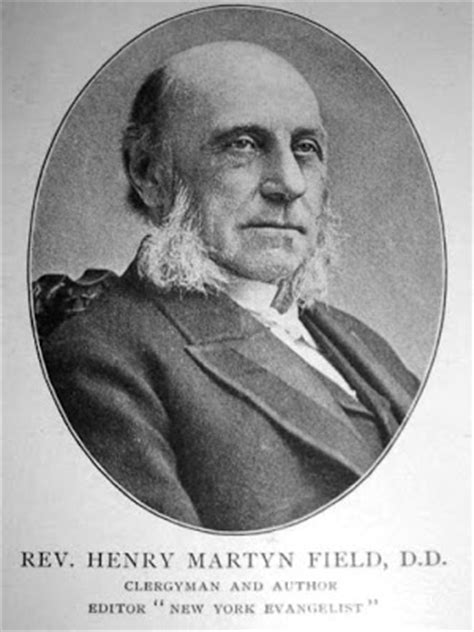A Quote by William Hazlitt
There is a heroism in crime as well as in virtue. Vice and infamy have their altars and their religion.
Related Quotes
It makes that a virtue which is not a virtue, and that a crime which is not a crime. Religion consists in a round of observances that have no relation whatever to natural goodness, but which rather exclude it by being a substitute for it. Penances and pilgrimages take the place of justice and mercy, benevolence and charity. Such a religion, so far from being a purifier, is the great corrupter of morals.
Virtue will catch as well as vice by contact; and the public stock of honest manly principle will daily accumulate. We are not too nicely to scrutinize motives as long as action is irreproachable. It is enough (and for a worthy man perhaps too much) to deal out its infamy to convicted guilt and declared apostasy.
Crime, violence, infamy are not tragedy. Tragedy occurs when a human soul awakes and seeks, in suffering and pain, to free itself from crime, violence, infamy, even at the cost of life. The struggle is the tragedy - not defeat or death. That is why the spectacle of tragedy has always filled men, not with despair, but with a sense of hope and exaltation.
I hear you reproach, "But delay was best, For their end was a crime." Oh, a crime will do As well, I reply, to serve for a test As a virtue golden through and through, Sufficient to vindicate itself And prove its worth at a moment's view! . . . . . . Let a man contend to the uttermost For his life's set prize, be it what it will! The counter our lovers staked was lost As surely as if it were lawful coin; And the sin I impute to each frustrate ghost Is-the unlit lamp and the ungirt loin, Though the end in sight was a vice, I say.
Taste and elegance, though they are reckoned only among the smaller and secondary morals, yet are of no mean importance in the regulations of life. A moral taste is not of force to turn vice into virtue; but it recommends virtue with something like the blandishments of pleasure, and it infinitely abates the evils of vice.

































